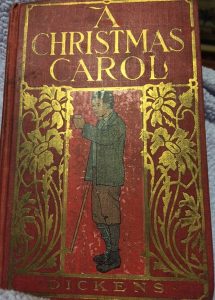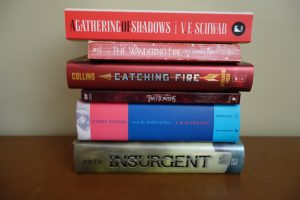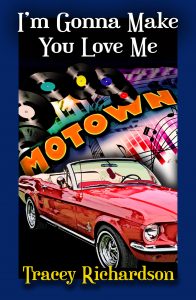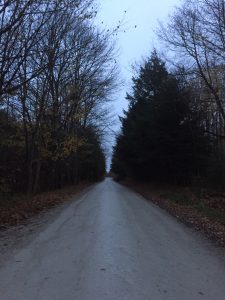 What is it about this writing thing that we enjoy?
What is it about this writing thing that we enjoy?
Why would anyone want to rise before the sun, to plunk away on a keyboard in the dark and put their precious words and feelings up for the judgement of others?
Is it all about the imagining of a character’s challenges and how they can overcome them in a heroic way? Or perhaps this writing thing is a way to come to terms with our lives or to imagine how the story could have ended differently.
When I consider the moments and life experiences that have inspired my best stories, I clearly see the muse for my writing.
Do you know yours?



 I’ve been struggling with the second novel of my planned trilogy. I have all the words but it doesn’t feel like it holds together and I have no idea when or how to end it. My two main characters split up and I don’t know how to structurally deal with that. I try to console myself that the middle book of a trilogy is supposed to be the hardest to write.
I’ve been struggling with the second novel of my planned trilogy. I have all the words but it doesn’t feel like it holds together and I have no idea when or how to end it. My two main characters split up and I don’t know how to structurally deal with that. I try to console myself that the middle book of a trilogy is supposed to be the hardest to write.
 Writing a novel is really like putting a puzzle together. Characters, plot, setting, theme, dialogue, emotion. Or perhaps it’s more like cooking a stew.
Writing a novel is really like putting a puzzle together. Characters, plot, setting, theme, dialogue, emotion. Or perhaps it’s more like cooking a stew.

 The title of this blog was originally, ‘Deadlines be Dammed’, which sounds brash, but that isn’t what I needed to write.
The title of this blog was originally, ‘Deadlines be Dammed’, which sounds brash, but that isn’t what I needed to write.